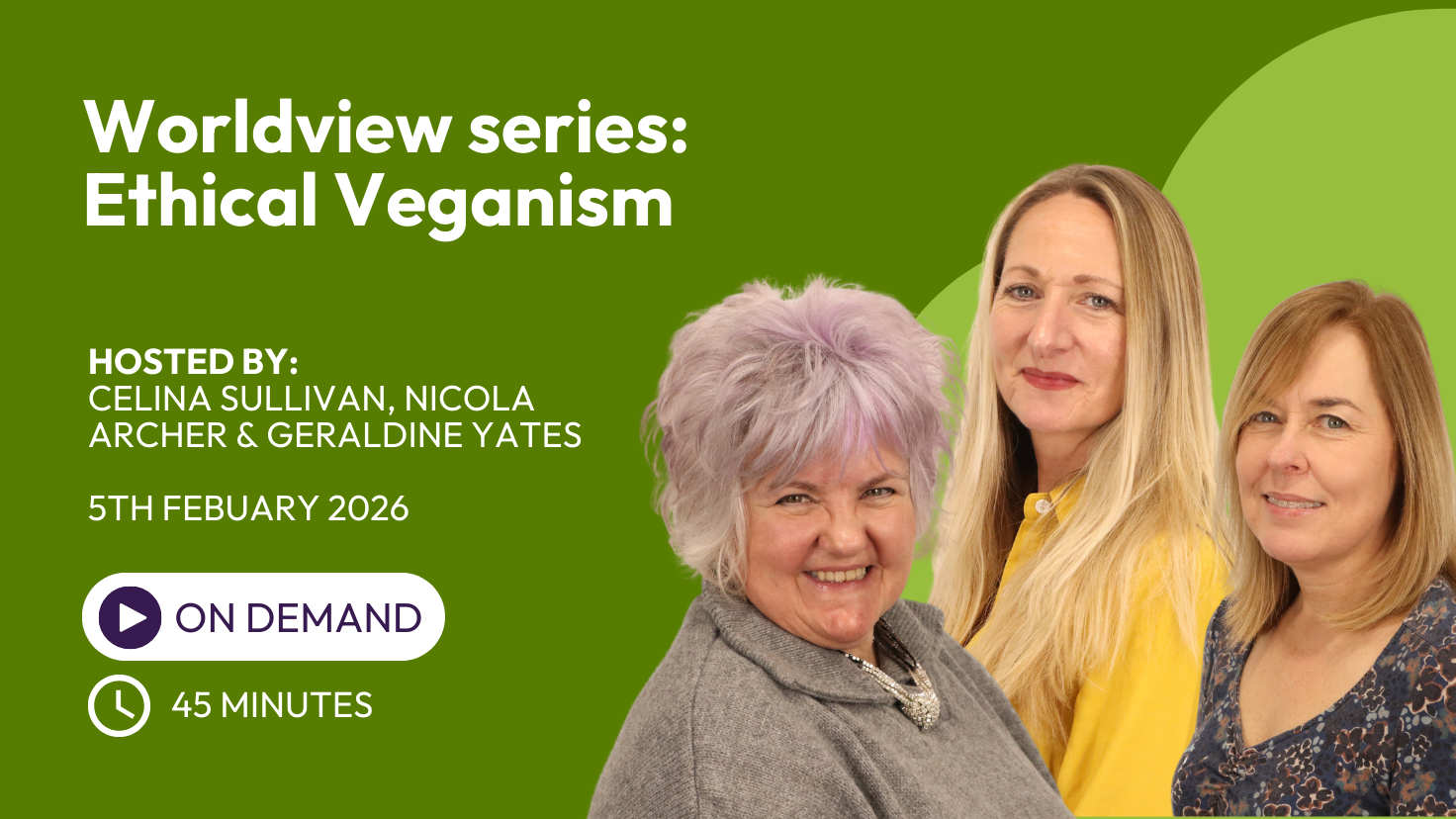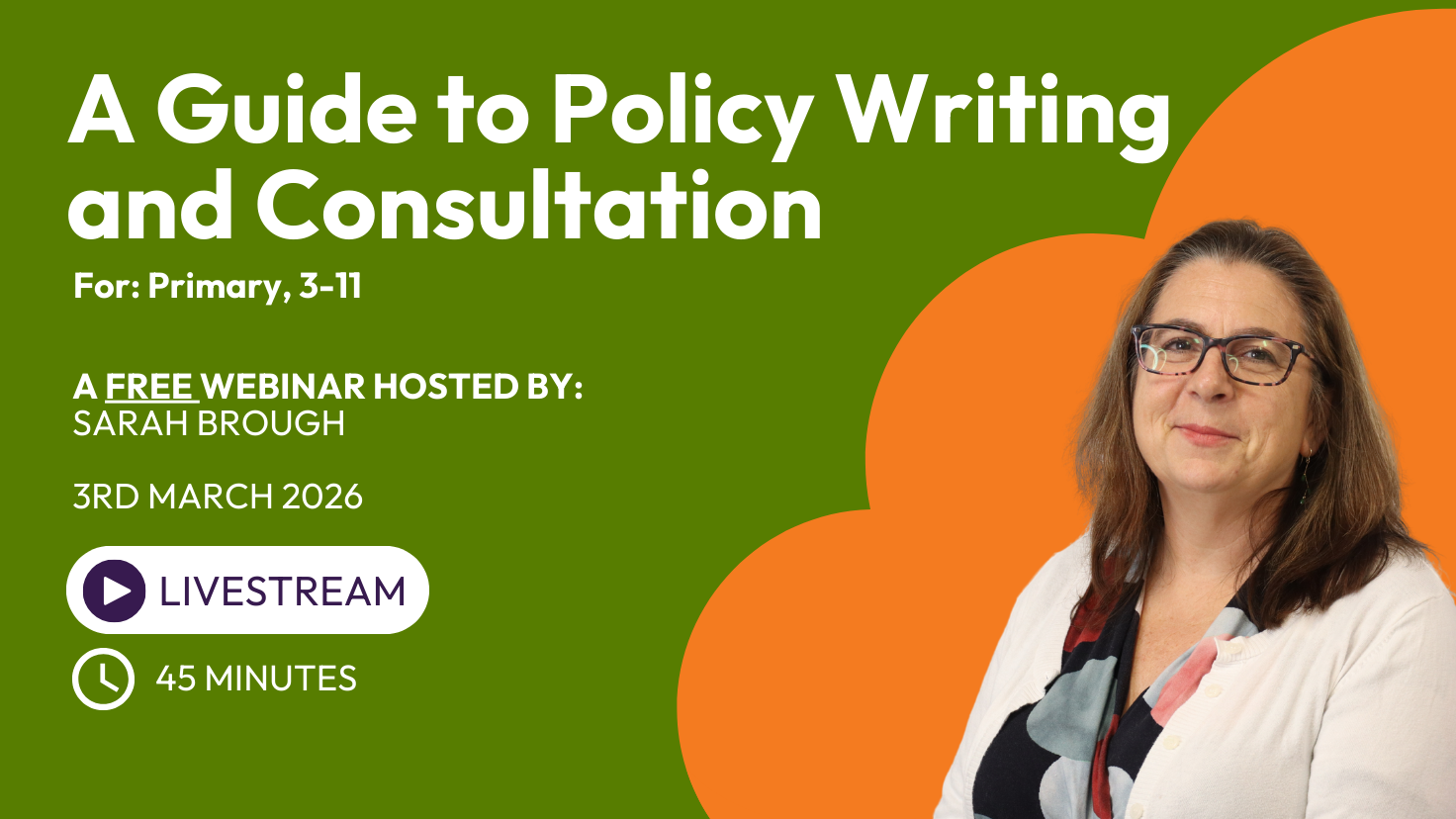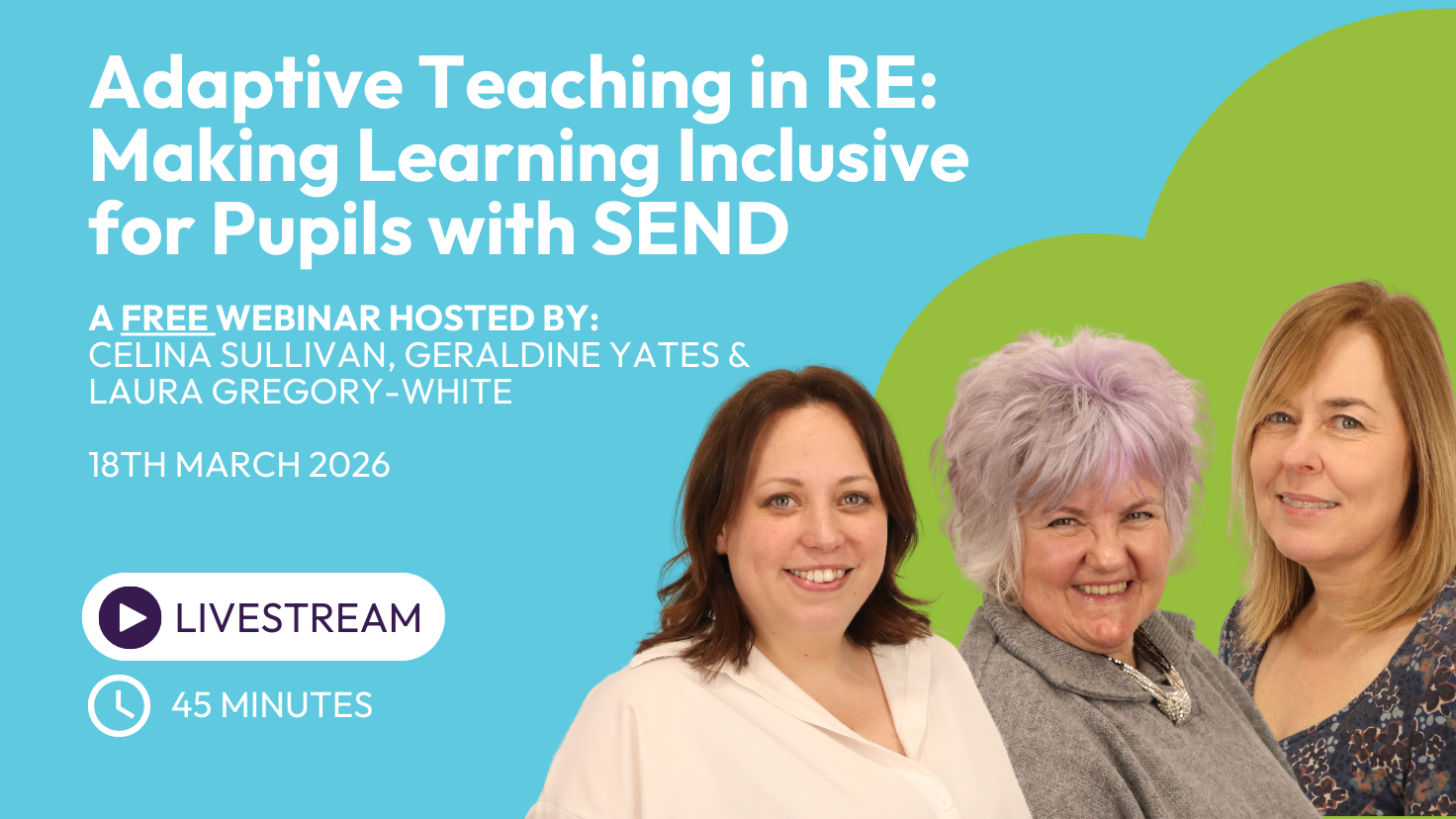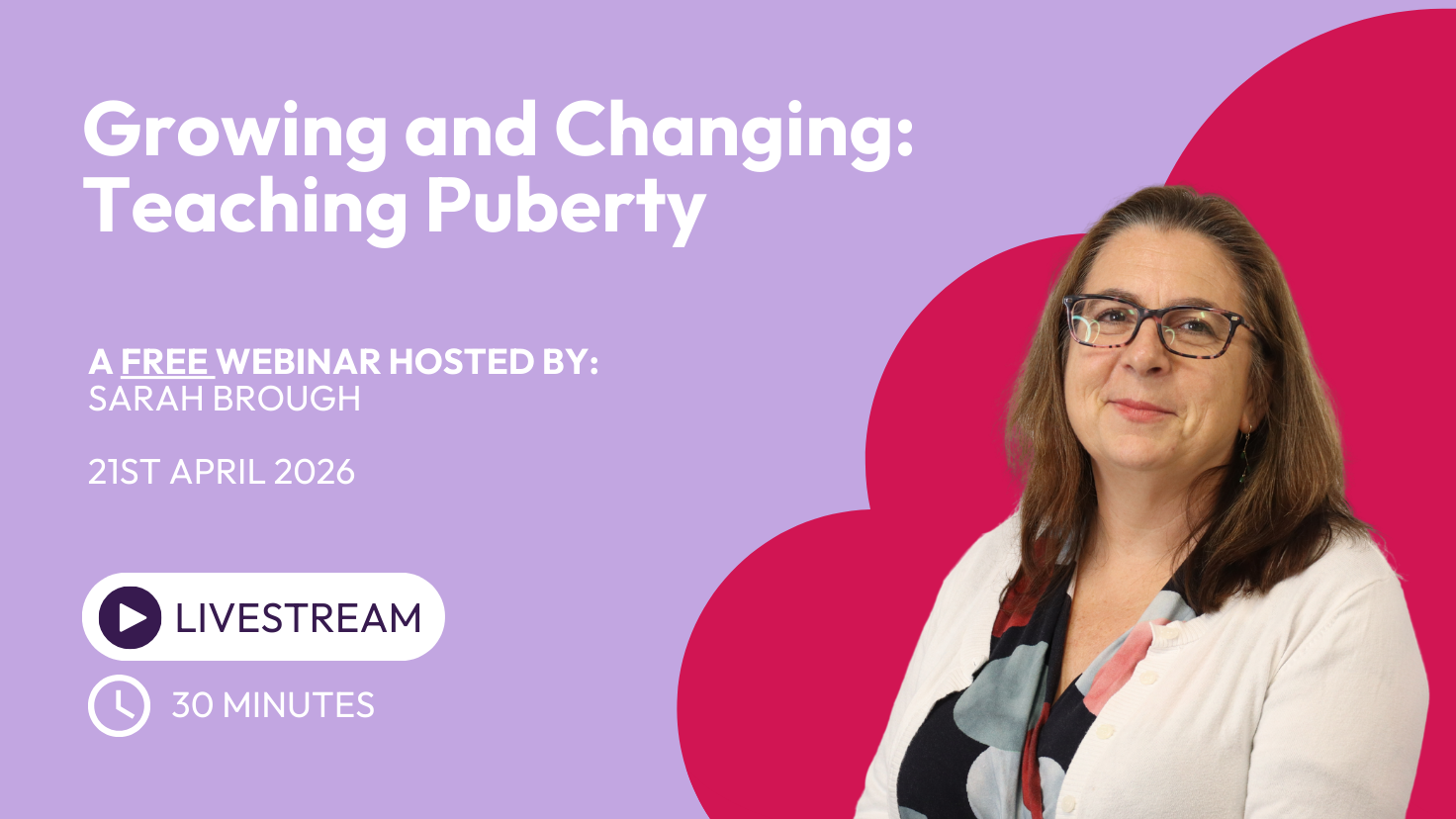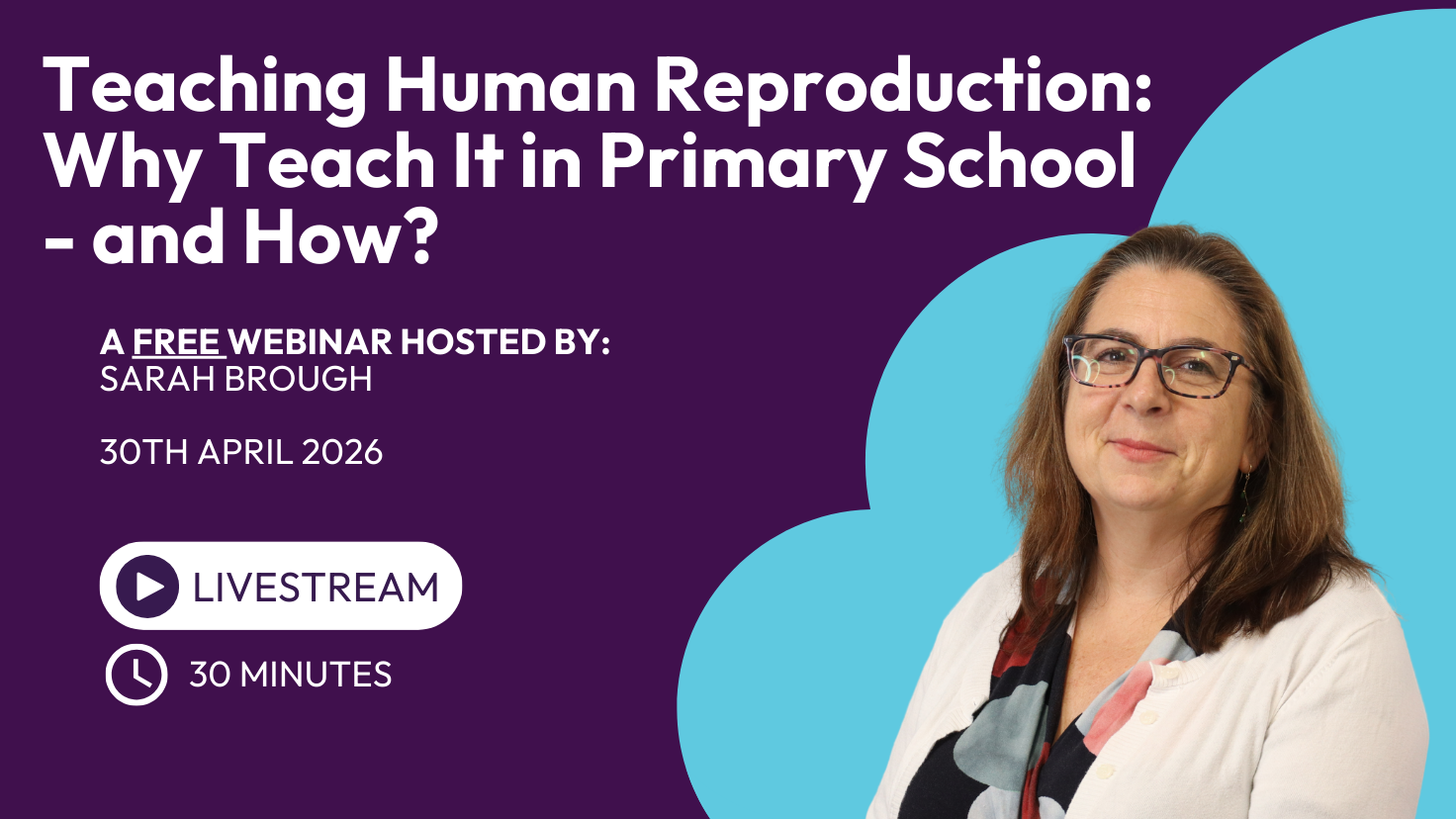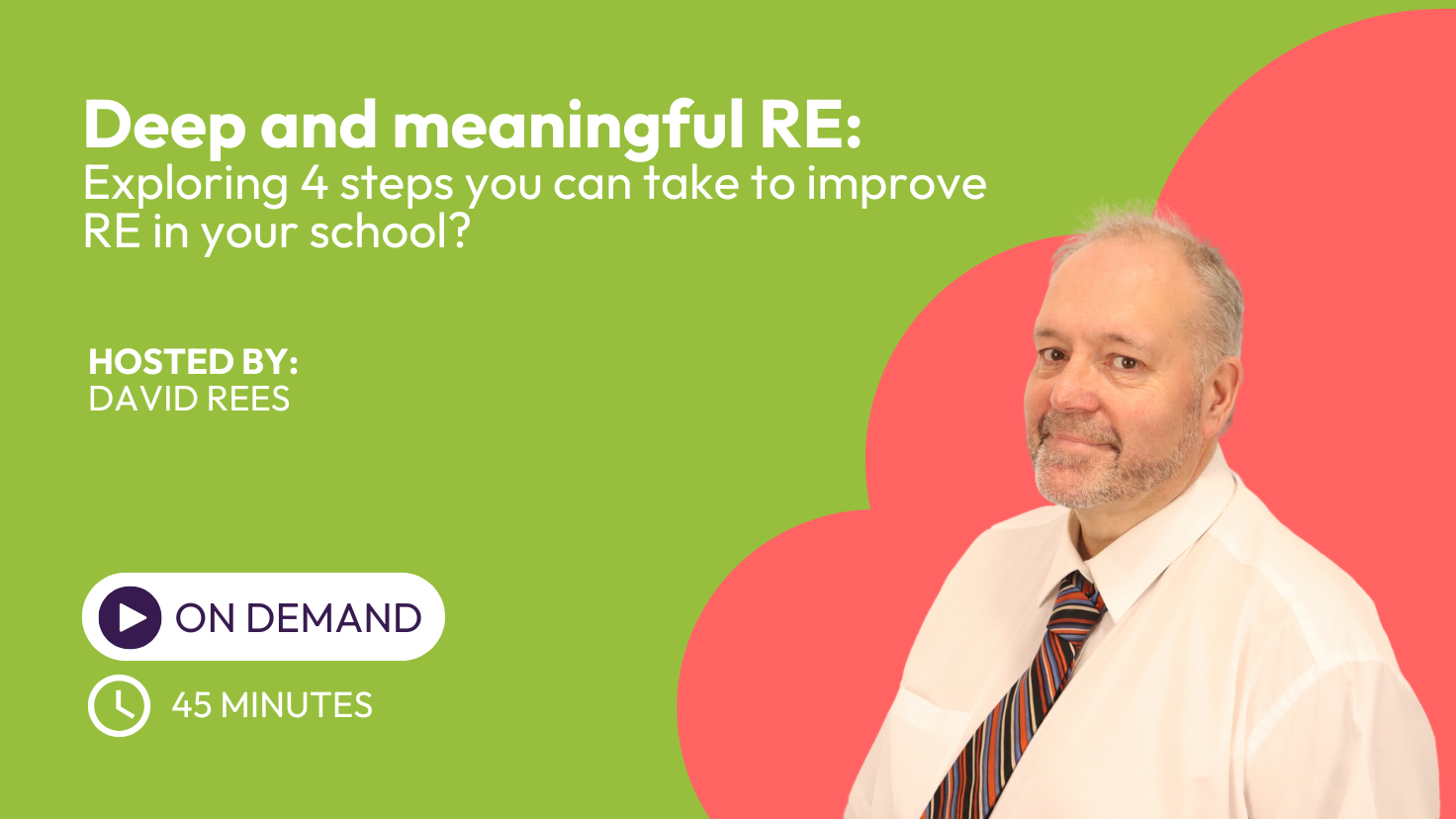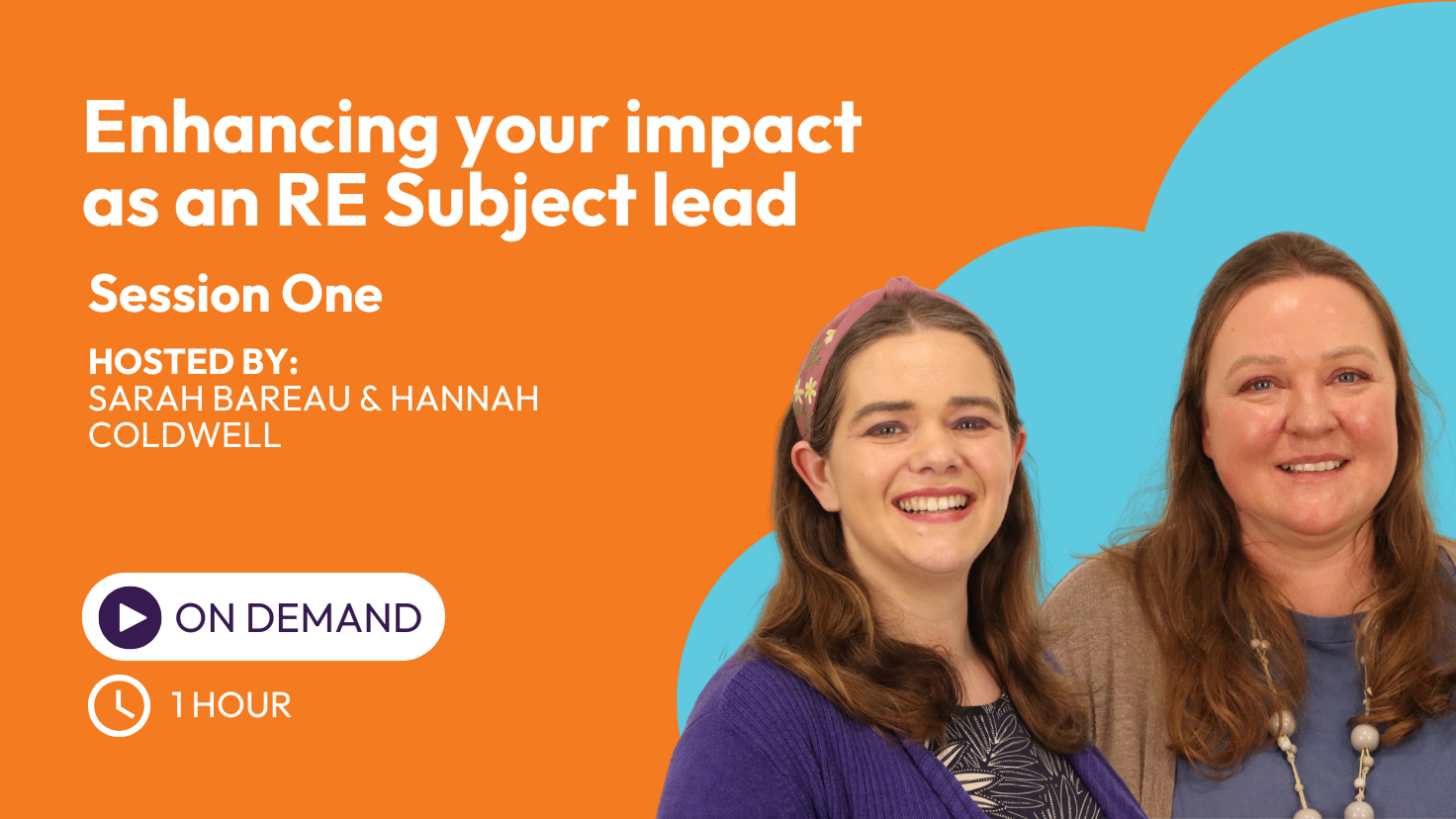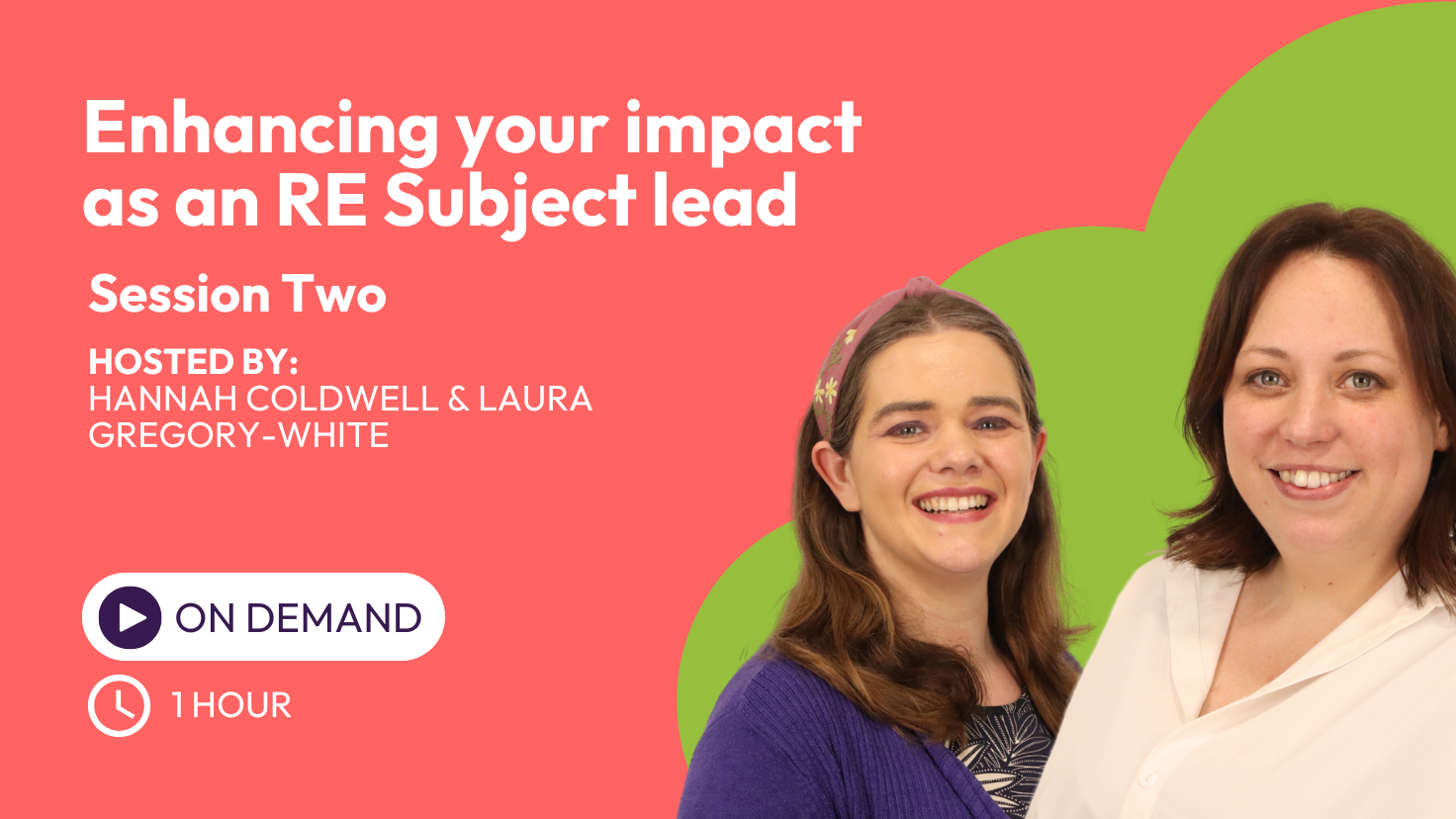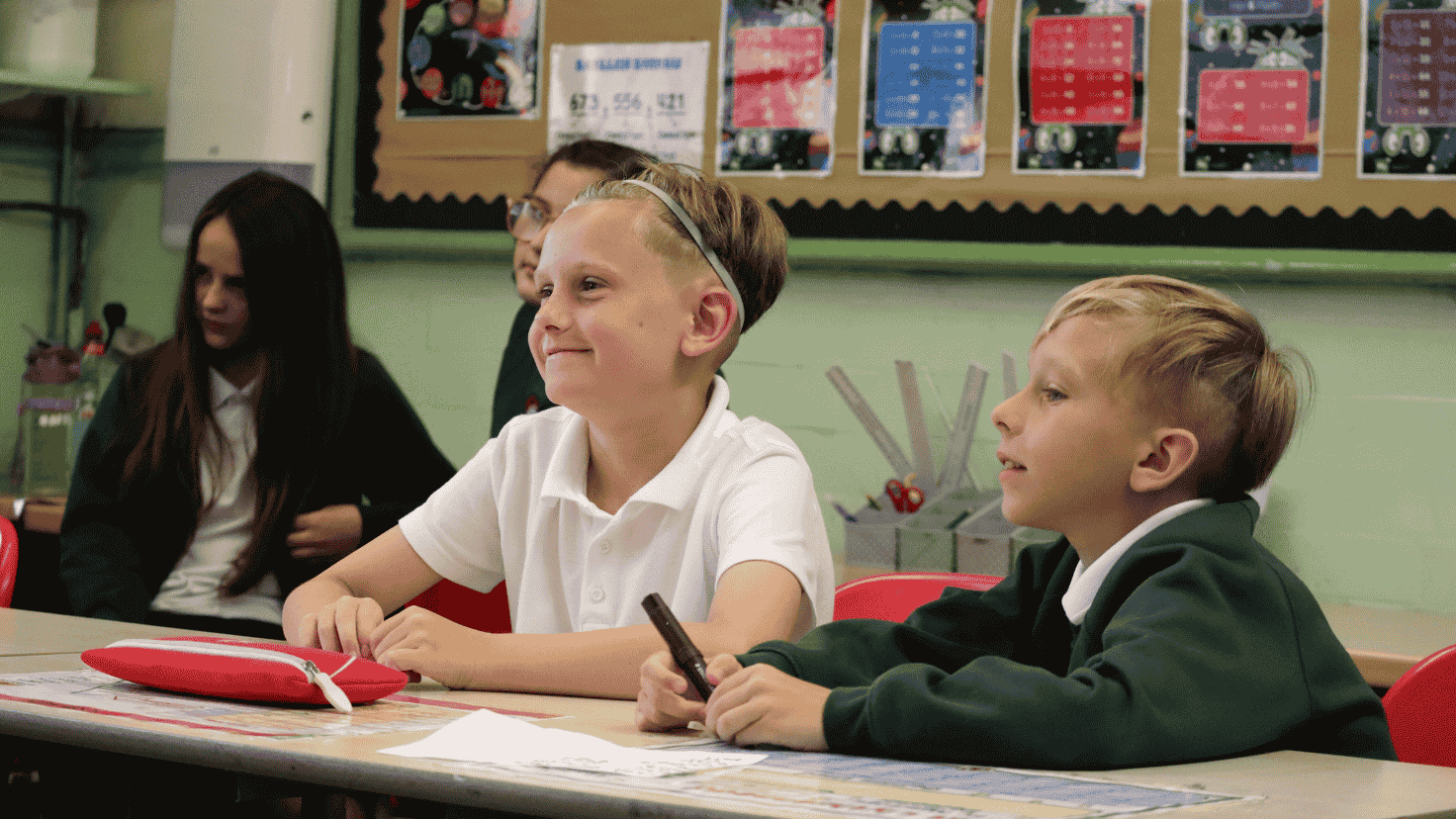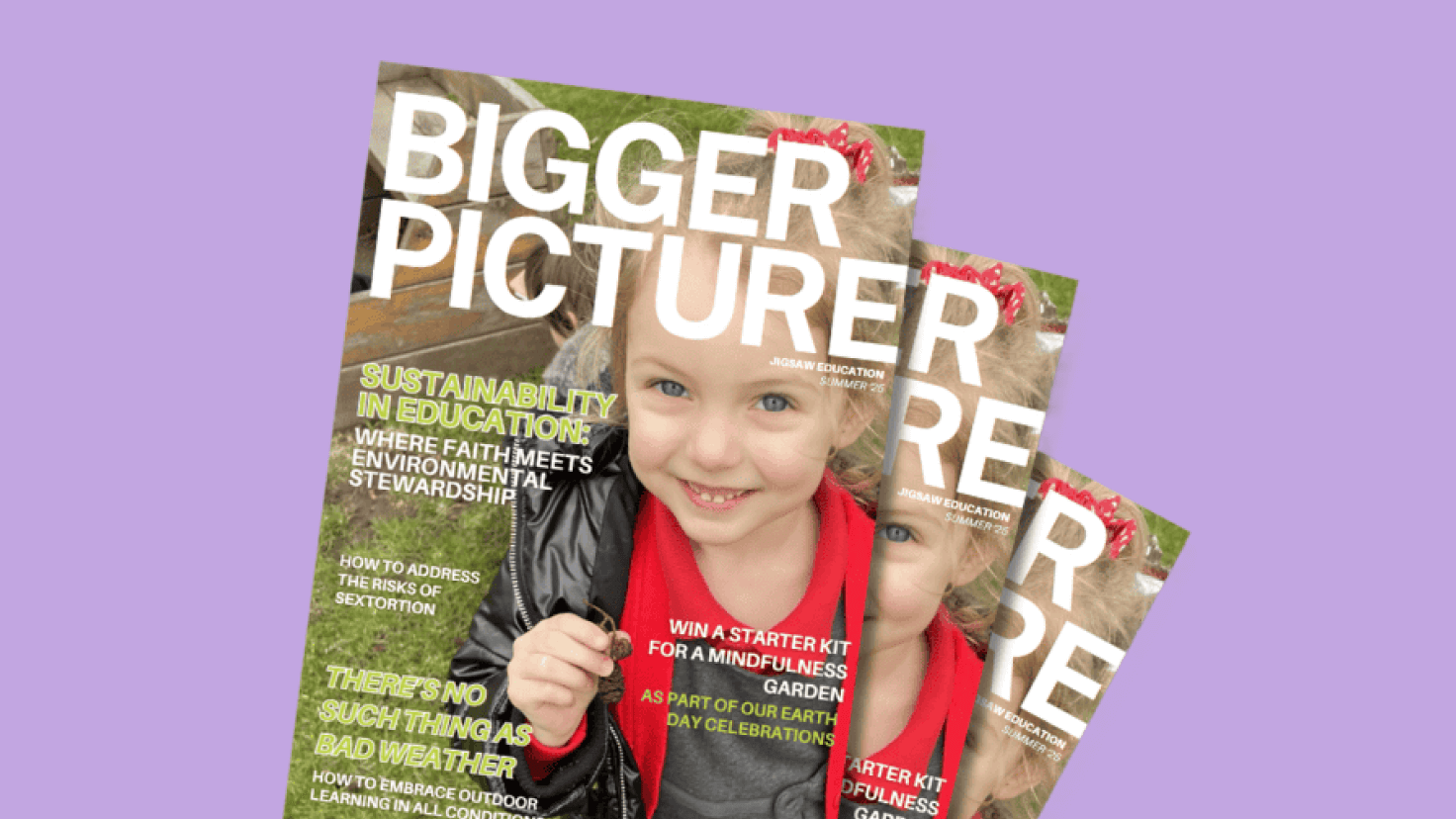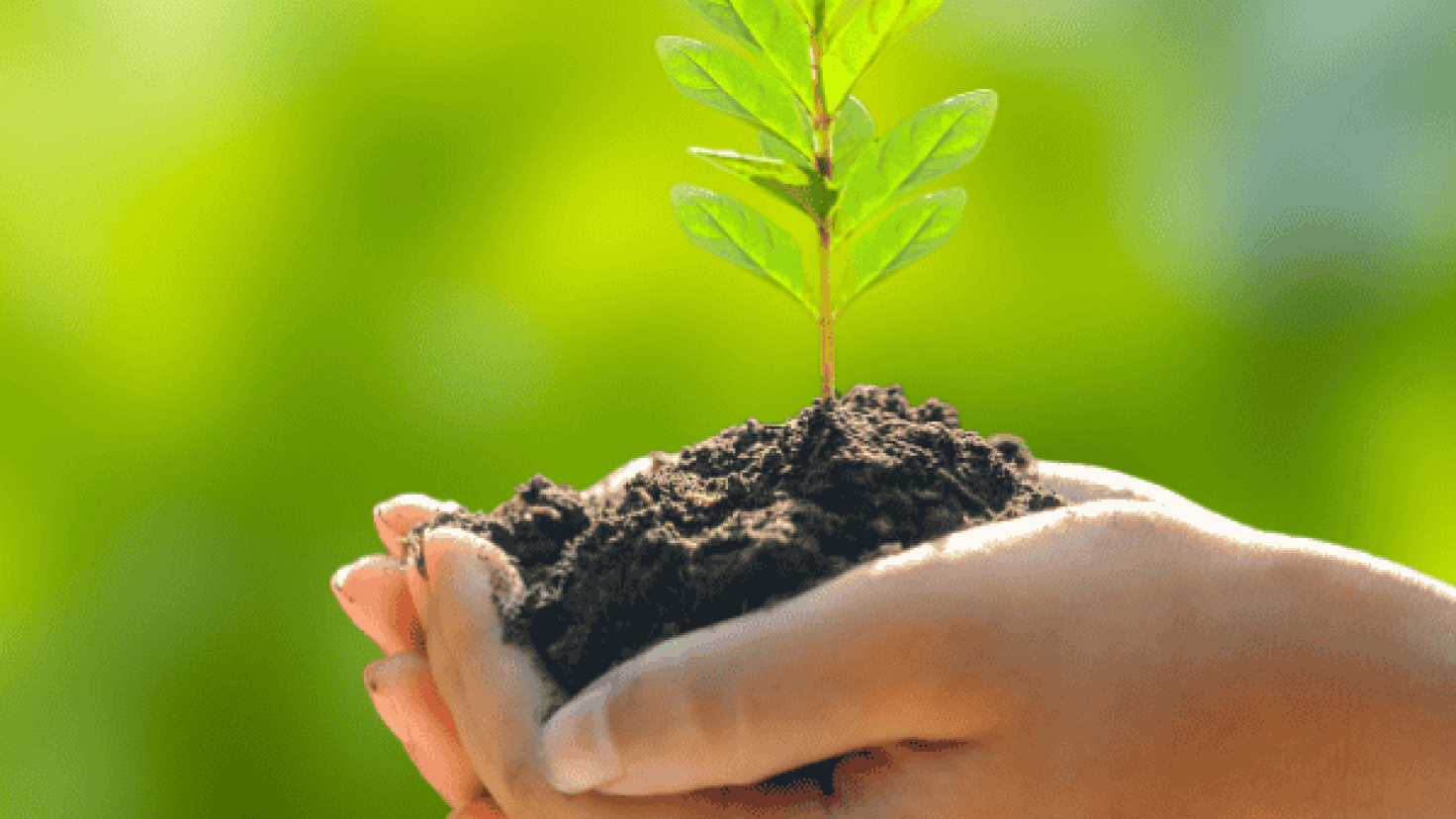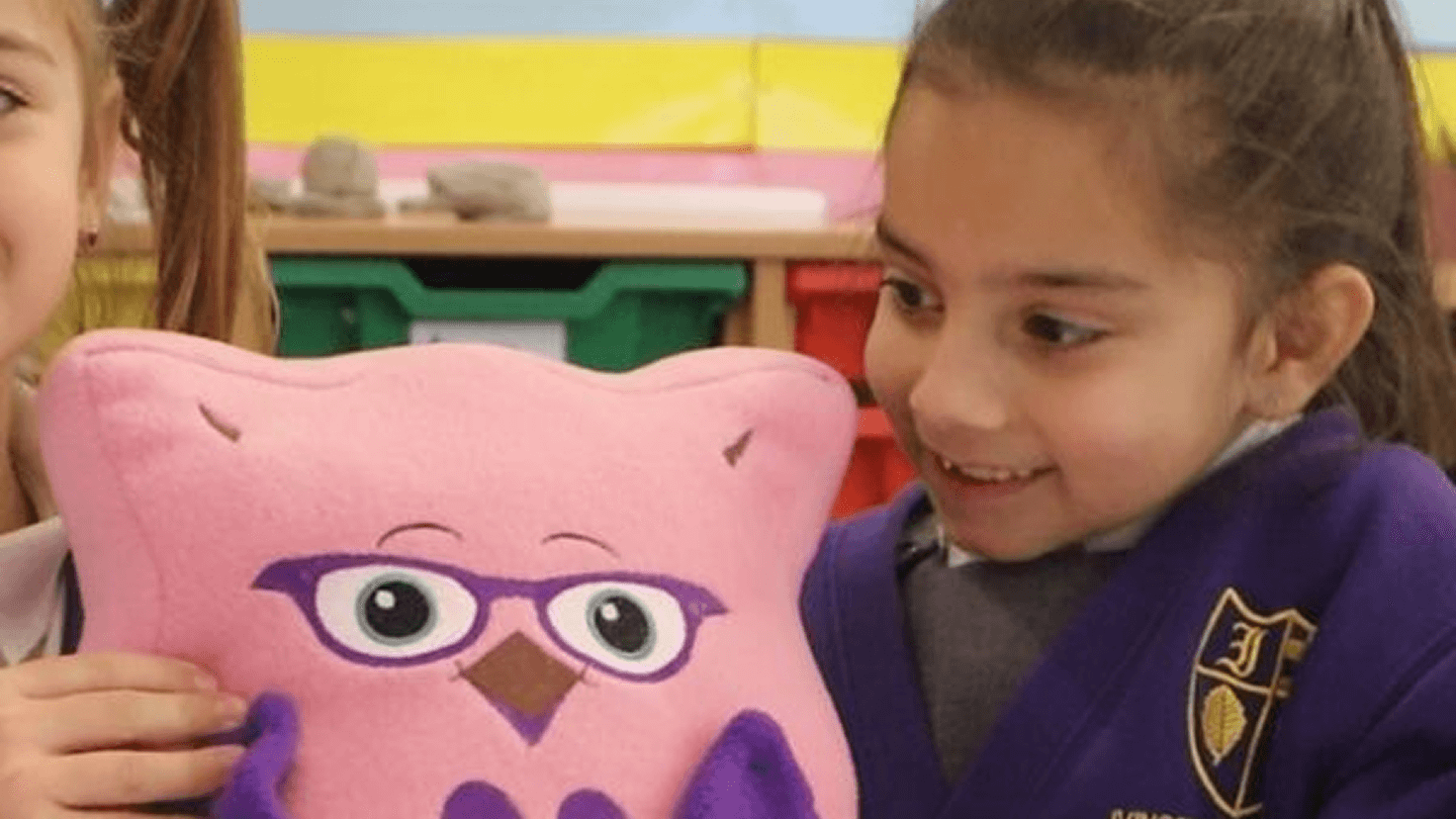Articles & Updates
11 June 2025
Sustainability in Religious Education: Where Faith Meets Environmental Stewardship
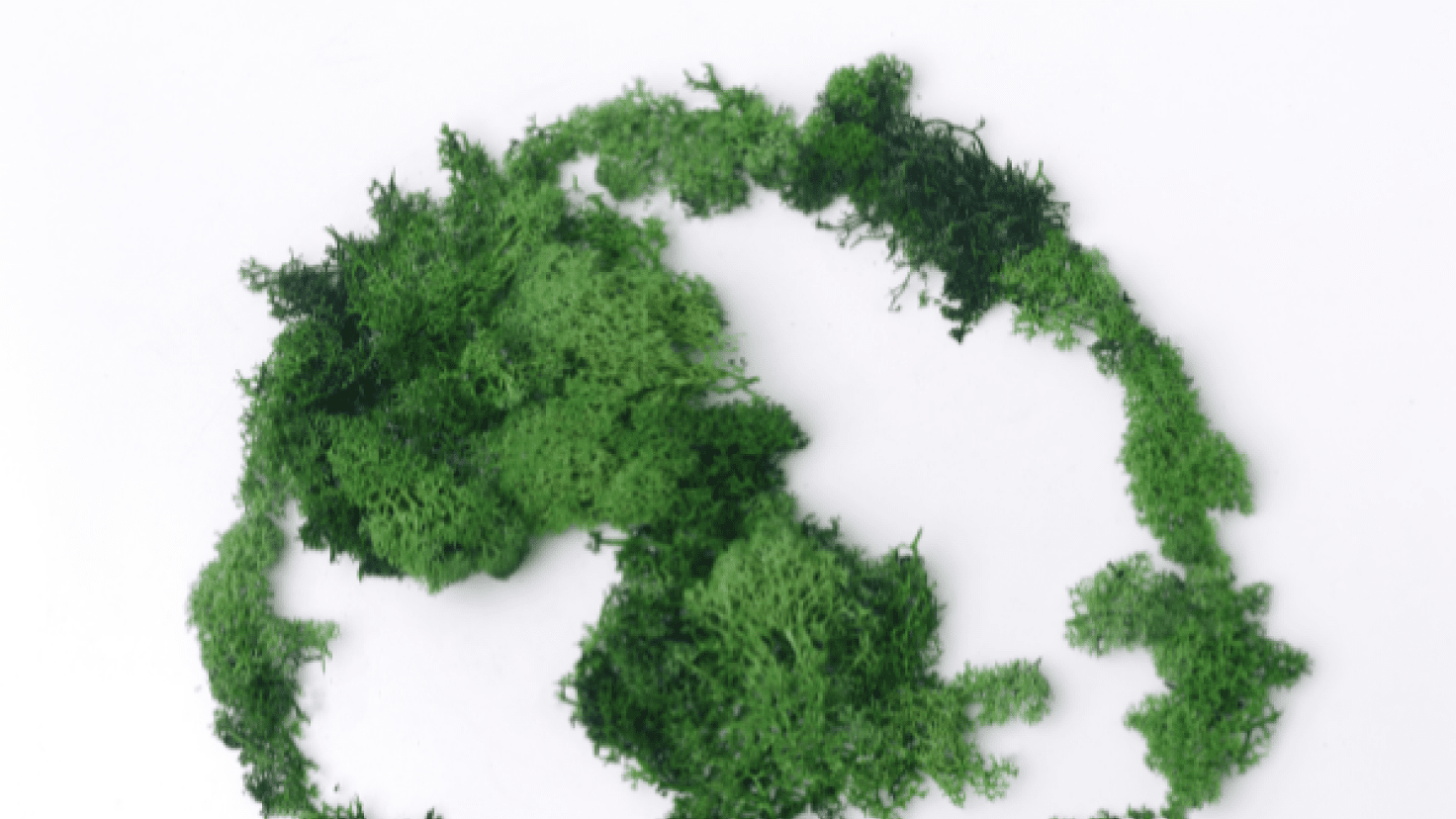
The focus on renewable energy and sustainable practices has never been more relevant as is reflected in the theme of this year’s Earth Day: 'Our Power, Our Planet', reminding us that we have both the power and responsibility to create positive environmental change. Religious Education is an important platform for teaching these vital concepts to children, bringing together ancient wisdom with modern environmental challenges.
The intersection of faith and environmental stewardship offers powerful opportunities to engage students in meaningful discussions about renewable energy, sustainability, and our collective responsibility to the planet. Just as renewable energy harnesses the natural power of sun, wind, and water, religious and philosophical traditions have long drawn upon their own sources of spiritual power to guide humanity’s relationship with nature.
Understanding Sustainability in Education
At its core, sustainability means maintaining an ecological balance by avoiding the depletion of natural resources. In educational contexts, particularly in primary schools, it encompasses teaching children about the delicate balance between environmental protection, social responsibility, and economic development. The UK’s Department for Education has recognised this importance through its Sustainability and Climate Change Strategy (2022), highlighting the need for children to understand human impacts on our planet.
Why Religious Education is the Perfect Vehicle for Sustainability Teaching
The recent First Faith Pavilion at COP28 (2023) demonstrated something remarkable: nine major faiths and worldviews coming together in unified commitment to take climate action. This historic gathering shows how sustainability is not just appropriate in Religious Education; it is essential because it:
- Demonstrates sustainability as a shared moral concern across faiths
- Shows the real-world relevance of religious values
- Connects ancient teachings with contemporary challenges
- Presents environmental care as both a scientific and spiritual imperative
Diverse Faith Perspectives on Environmental Stewardship
Different faiths offer unique and complementary perspectives on environmental care:
Buddhism – Buddhists approach environmental care through the concept of interconnectedness and ‘metta’ (loving-kindness). The First Precept of ‘ahimsa’ (non-harm) extends beyond humans to all living beings and their habitats.
Christianity – Modern Christian thinking emphasises both stewardship and responsibility. Pope Francis’s ‘Laudato Si’ stresses that all creation is connected and humans must protect, not exploit nature.
Islam – Islamic environmental ethics centre on two key concepts: ‘Khalifa’ (stewardship) and ‘Mizan’ (balance). Muslims believe Allah created everything in perfect equilibrium, making environmental protection a religious duty.
Judaism – Through ‘Tikkun olam’ (repairing the world), Jewish tradition points out environmental responsibility. The celebration of Tu B’Shevat (New Year for Trees) demonstrates practical environmental commitment through tree planting and conservation efforts.
Sikhi – Sikhs are called to be ‘Khalsa’ – guardians of both faith and creation. This manifests in practical ways through community initiatives like minimal-waste practices in Gurdwaras and vegetarian/vegan community kitchens (Langar).
Modern Worldviews and Environmental Ethics – It is not just traditional religions that offer perspectives on sustainability:
Humanism – Humanists take an evidence-based approach to environmental responsibility, emphasising rational inquiry while maintaining a core commitment to kindness toward people, animals, and our planet.
Ethical Veganism – This worldview extends the Golden Rule to all living beings, considering animal welfare, environmental impact, and social justice as interconnected aspects of sustainable living.
Making It Work in the Classroom
For primary-aged children, the key is making these concepts tangible and relatable. Instead of overwhelming young learners with global challenges, we can focus on:
- School garden projects that demonstrate natural cycles
- Recycling initiatives that teach resource conservation
- Water and energy monitoring activities that connect abstract concepts to daily actions
- Cross-cultural discussions that promote understanding of different perspectives
Practical Activities for Schools and Families
There are many ways that we can engage children in environmental stewardship, both at school and at home. These activities are designed to connect with various religious and ethical teachings while promoting environmental consciousness.
1. Renewable Energy Exploration
- Create simple solar ovens for cooking experiments (Five Easy Solar Power Experiments for Kids | STEAM | solar4STEM – solar4STEM Science Kits)
Build mini wind turbines to understand wind power (Bing Videos)


